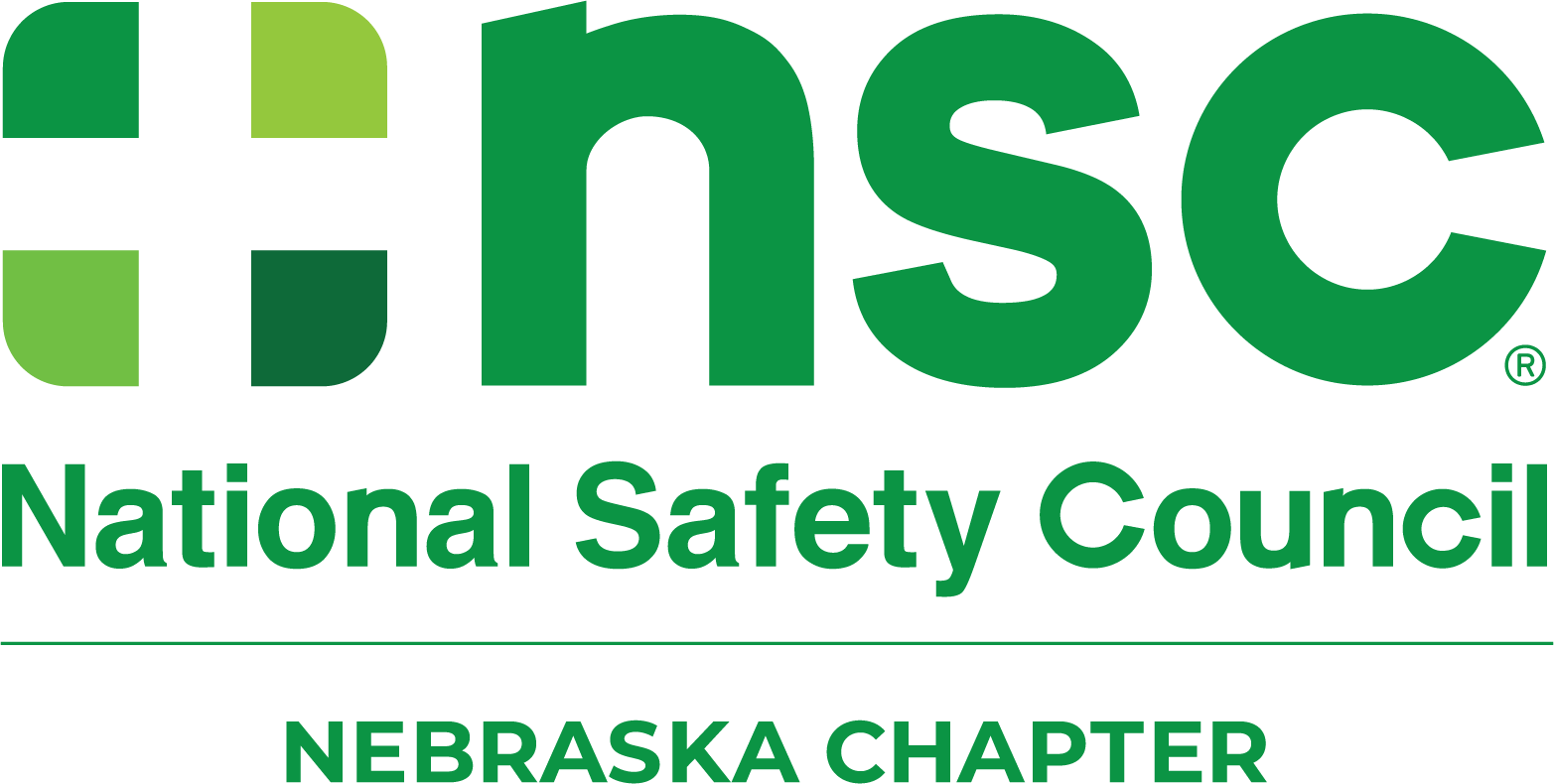Skateboarding will be an official Olympic sport beginning in 2020, and more people are bound to become interested in this exciting yet risky sport. In 2017, over 98,000 people were treated in hospital emergency rooms after being injured while skateboarding. Over 47,000 of those injuries occurred in people ages 15 to 24, according to Injury Facts.
Wrists usually get the brunt of the damage with sprains or fractures, but "swellbows," or swollen elbows, also are common. To avoid a serious injury, such as a broken nose or jawbone, concussion and other head injury, it is vital to follow safety recommendations and minimize your risk.
Check Your Equipment
Always inspect your skateboard before your ride to make certain it is in good working order. Your skateboard should be free of:
- Loose, broken or cracked parts
- Sharp edges on metal boards
- A slippery top surface
- Wheels with nicks and cracks
Protect Yourself – Wear the Right Equipment
According to the American Academy of Orthopaedic Surgeons, this essential protective equipment should be worn when skateboarding:
- Properly fitted multi-sport helmet meeting Consumer Product Safety Commission standards
- Close-toed, slip-resistant shoes
- Wrist guards
- Knee pads
- Elbow pads
- Goggles or glasses
Learn to Fall
Did you know that falling is an art? Even experienced skateboarders fall – a lot. They most frequently are injured in falls caused by rocks and irregular surfaces. If done properly, falling doesn't have to result in serious injury.
- If you feel like you're about to lose control, crouch down so you don't have as far to fall
- Try to land on the fleshy parts of your body
- Try to roll rather than absorbing the force with your arms
- Try to relax your body rather than going stiff
- Practice falling on a soft surface or grass
Safety Reminders
Stay safe by following these rules:
- The American Academy of Pediatrics cautions that children younger than 5 should not skateboard at all, and children ages 6 to 10 should not skateboard without adult supervision
- Obey local laws on where you can and cannot skate
- Never ride in the street
- In a multi-use area, skate on the right side and pass on the left, and be cautious of others using the same area
- In skate parks, be considerate of other skateboarders, especially those who are younger or less skilled
- Do not use headphones when skateboarding
- Never put more than one person on a skateboard
- Never hitch a ride from a car or bike
